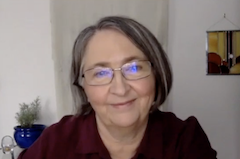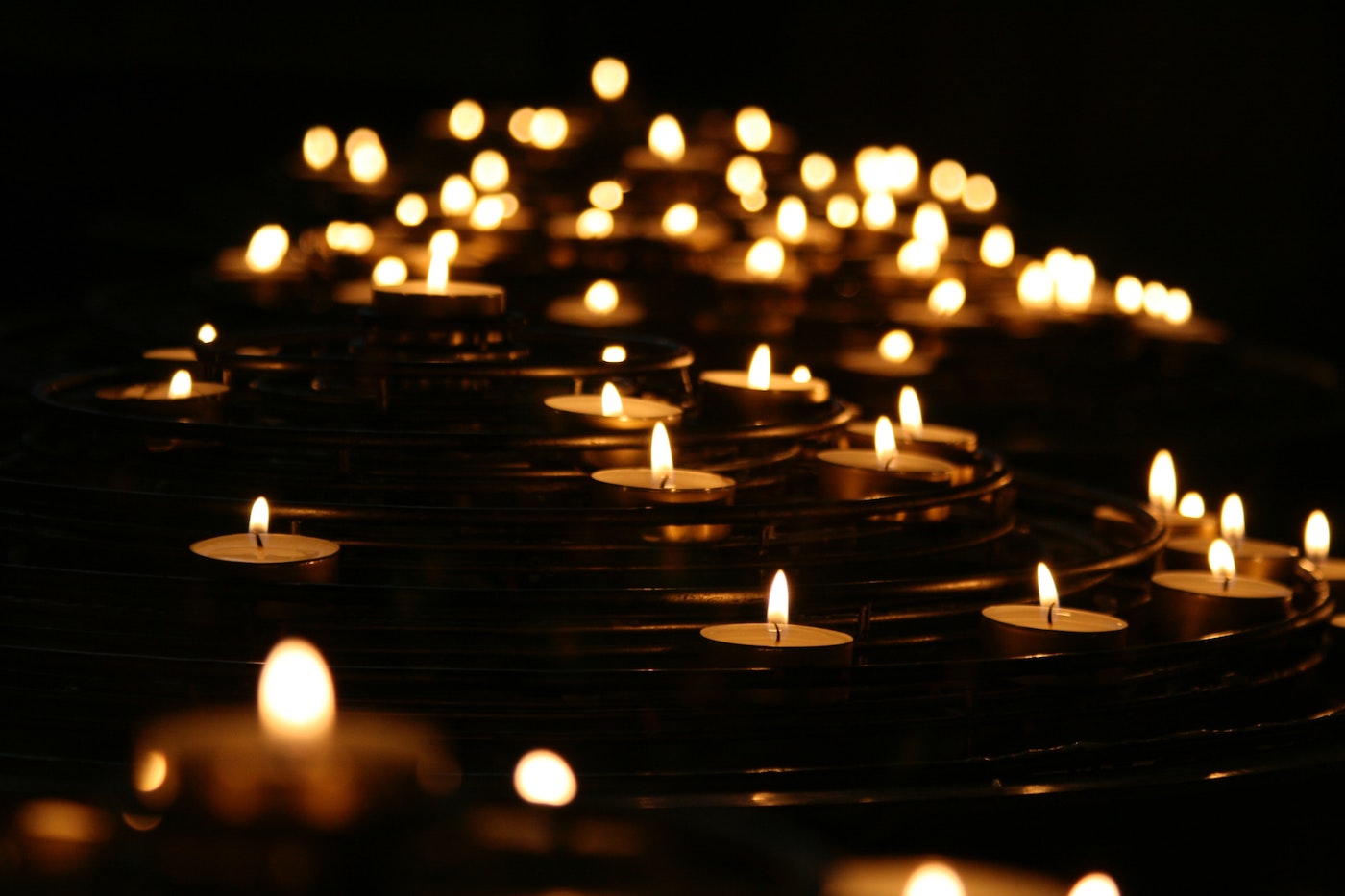Off and on during the two months since the pandemic really landed in North America, I have noticed a heaviness in my chest. When I sit with it, it feels like grief: for people dying alone in hospitals without their loved ones; for ICU staff overwhelmed in Italy and New York City; and for everyone’s abrupt loss of normal.
There is some fear for myself and people I love, although I am pretty skilled now at breaking the fear-induced trance of catastrophic thinking. It doesn’t take hold the way it used to.
One thing that helps shift the heaviness is to get out into nature and walk. I am blessed to live in a forest so I can do that safely. I have a dog who loves to run. It’s spring and getting warmer. Since interviewing Dr James Gordon last year, I’ve been doing a daily shaking and dancing practice on the deck. That always breaks through the sluggishness and fatigue, and it leaves me lighter and more hopeful.
I know a lot about the nervous system and the mind. I have insight into what makes people tick and how we are triggered into survival responses of flight/fight/freeze and fawn. I know the stress of the pandemic is triggering for us. We are short of sleep and more easily irritated or enraged. We are not our “best selves” when the bottom collapses out of our world.
Alcohol, drugs and domestic violence are up. Some Americans are carrying automatic weapons and fighting for the “freedom to have a haircut”, while others are putting their lives at risk to care for the sick and staff our food supply chain. Understanding that these actions are a trauma response does not lessen the distress.
A month ago, a man described by neighbours as a psychopath murdered 22 people in a sleepy community near where I live in Nova Scotia Canada. As details emerged, it was revealed that his killing spree began that night with physical abuse of his girlfriend. People who knew him were terrified of him and not surprised he was capable of what he did.
We hear about Ahmaud Arbery, an unarmed black man jogging in his neighborhood who was chased and killed by two white men in February. It was only through social pressure and a video of his murder went viral, that arrests were finally made. Another black man murdered.
How do we hold tragedy? How do we let it in? We are already struggling with the Covid-19 pandemic and now layer after layer of further trauma. The answer is often that we close our broken hearts. We have to look away because it hurts too much.
I’m fairly pragmatic now about injustice and activism. I was ablaze in the 80’s feminist and lesbian movements, and the AIDS movement in the late eighties and early nineties. I realized that I could have an impact, especially when I connected with others. I had a clarity about injustice and a passion for helping people understand. I wasn’t the easiest person to be around during those years!
The trouble with hot fires is that they run out of fuel. We need different sources to sustain us so we don’t burn out. For me, that was meditation and yoga, a cabin in the wilderness, and a retreat from the front lines. It was years of deeply healing PTSD and childhood trauma, and helping others heal. I remain committed to social justice but my action mostly relates now to donating money, not time and fervor.
I have mellowed a lot which makes me easier to get along with, but when does mellow move into complacency? It feels like so little to share a post on Facebook or give money to organizations that help victims of spousal violence. It’s something. It is not enough. I was really feeling the frustration and powerlessness of that last week, and aware of my own privilege as a white person who is securely housed.
One of the most difficult things we can do is open our heart. It is also one of the most healing things we can do for ourselves and others and it can inspire action. We become willing to listen without shaming or judgment. We do our own personal work so that we are better able to allow and encourage people to express themselves authentically. We cultivate kindness and compassion for ourselves and others.
We welcome the heaviness and grief or the blankness of freeze. We face it and we explore it. We go for that walk or call that friend or eat a healthy meal. We take naps to compensate for our two am sleeplessness. We acknowledge our suffering and that we are doing the best we can. And we work with accepting that we can’t fix things. Not immediately and not by ourselves. There is the potential for an awakening here with the stark clarity of what is revealed during the pandemic. The old normal is gone. We have an opportunity here as well as a crisis.
Below is an inquiry into generosity and a heart opening practice on expanding our “circle of us” inspired by Dr Rick Hanson’s wonderful book Resilient: How to Grow an Unshakeable Core of Calm, Strength and Happiness.


